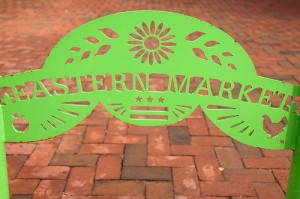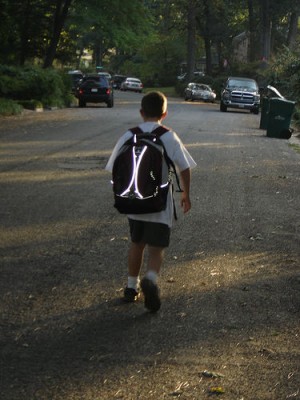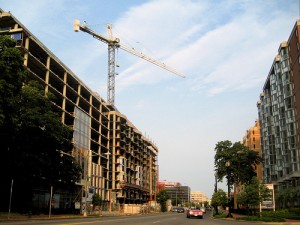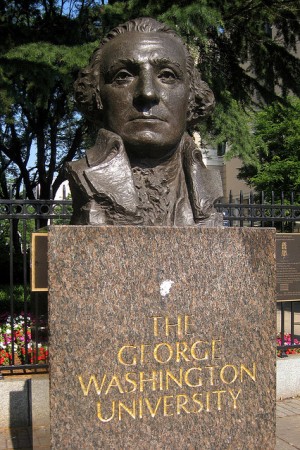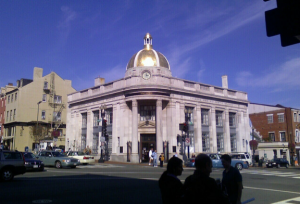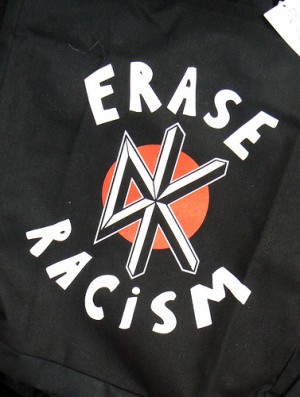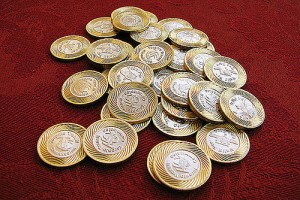Remember how I pointed you to a blog I was excited about, “Sociology in My Neighborhood: DC Ward Six“? I didn’t think I could get more excited about a hyper-local site exploring issues like race and class, but I was wrong; I am more excited. Blogger and GMU Sociology Professor Johanna noticed my post, read the comments to it and then was gracious enough to respond to them with a whole new post!
On DCentric, one commenter wrote, “This reporting seems biased. There are a large number of whites moving into mostly black neighborhoods here in DC. I think its more class than race in most cases. People who are educated and can afford it will move to be around other educated neighborhoods. If that excludes blacks, then whose fault is that?”
Great comment. The study I cited tested for class-based reasons and racist reasons and found that, even when the neighborhood described to the survey respondents (all whites) had all the qualities desired by middle-class people (high-quality schools, increasing property values, and a low crime rate, as well as a location near work), whites still stated that they would not buy a house in the neighborhood if there were more than 15% blacks. When thinking about potential black neighbors, race still mattered significantly no matter the class characteristics of the neighborhood.
Go here to read the entire thing.



